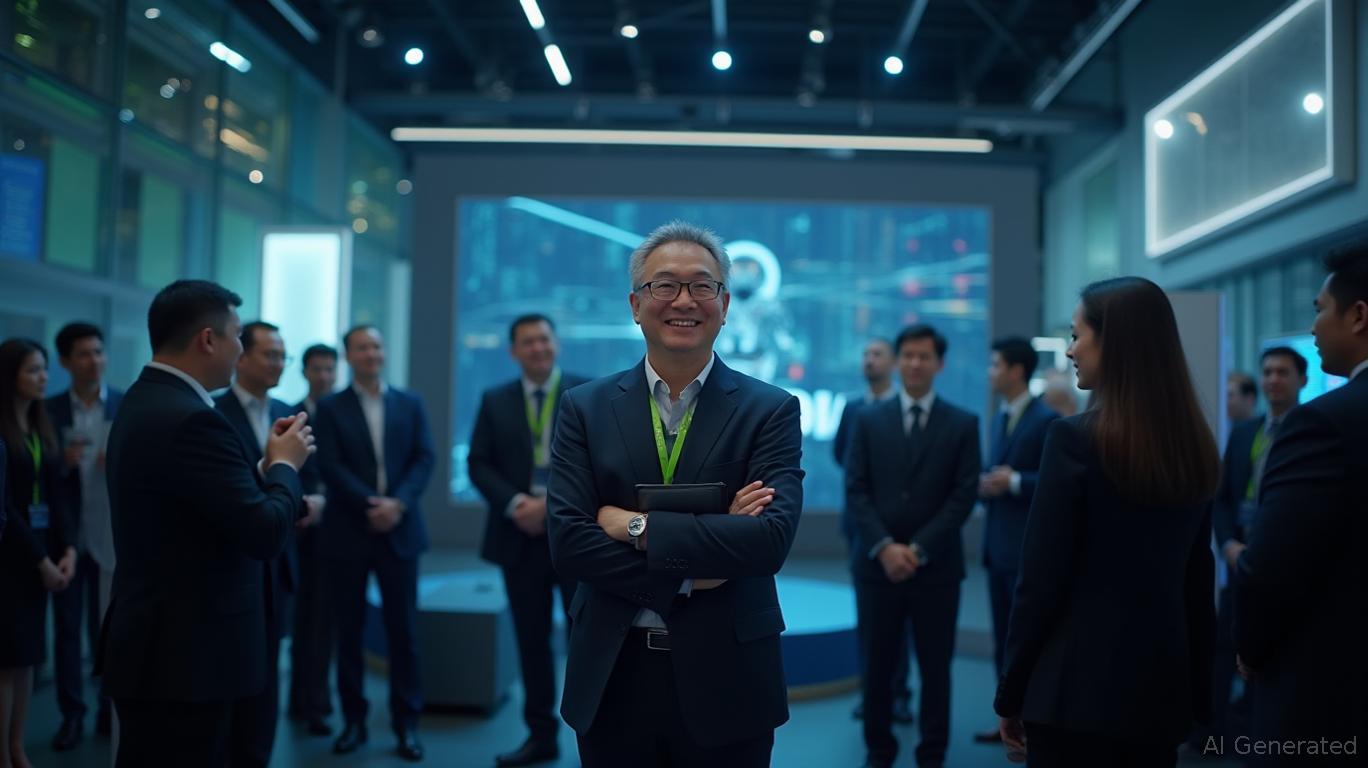Britain’s pursuit of AI excellence receives a powerful push from Nvidia’s Blackwell technology
Nvidia has pledged $683 million to Nscale, a UK-based provider of AI infrastructure that previously functioned as the AI-focused division of crypto mining firm Arkon Energy. This investment is part of Nvidia’s larger initiative to boost the UK’s AI capabilities, with plans to install as many as 60,000 Blackwell GPUs in British data centers by 2026. After formally splitting from Arkon Energy in May 2024, Nscale is now dedicated to expanding scalable AI infrastructure throughout Europe. This collaboration supports UK Prime Minister Keir Starmer’s 50-point strategy for artificial intelligence, which is designed to position the UK at the forefront of the global AI landscape.
The shift from crypto mining to building AI infrastructure is not exclusive to Nscale. A number of companies that once operated in the energy-heavy crypto sector have transitioned to AI. For example,
Nscale has established itself as a significant player in infrastructure development. In 2024, the firm secured $155 million in funding, led by Sandton Capital Partners, and has since grown its data center development from 300 megawatts to 1.3 gigawatts, aiming to reach full capacity by late 2027. Initially, Nscale’s infrastructure was built with GPUs from
Nvidia’s funding is part of a broader surge in investment from technology companies and governments into AI infrastructure. In the UK, both Microsoft and OpenAI have announced multi-billion dollar commitments to AI development, with Microsoft alone planning to invest $3 billion between 2025 and 2028. Globally, the escalating demand for AI infrastructure is being fueled by the increasing need for robust computing power as AI-driven solutions proliferate across sectors. Gartner’s 2023 analysis points out that AI infrastructure—particularly GPU clusters—plays a critical role in advancing sophisticated AI technologies.
However, the initiative faces obstacles, such as securing necessary capital and managing workforce shortages following Brexit. Nscale intends to raise $2.7 billion over the next three years to fund its AI infrastructure growth, yet attracting skilled workers remains challenging due to stricter immigration constraints. Analysts such as Nick Patience highlight that the UK’s timely investment in AI infrastructure will enable it to leverage its established talent base and vibrant venture capital scene.
The current push for “sovereign AI” is reminiscent of previous discussions in the crypto world about decentralization and autonomy. Just as crypto miners once aimed for independence from centralized finance, governments now seek to lessen dependence on international hyperscalers. The UK government is presenting its investment in AI infrastructure as a strategic effort to strengthen national security and drive economic progress with domestically developed AI solutions.
